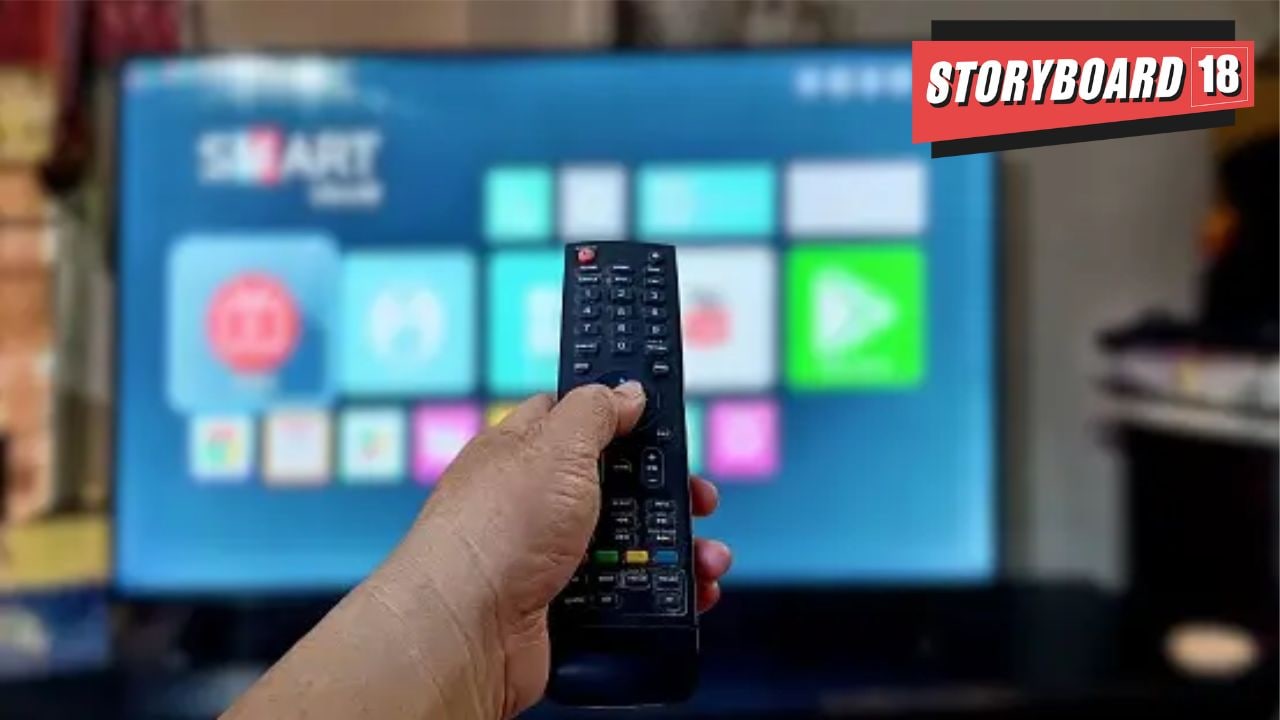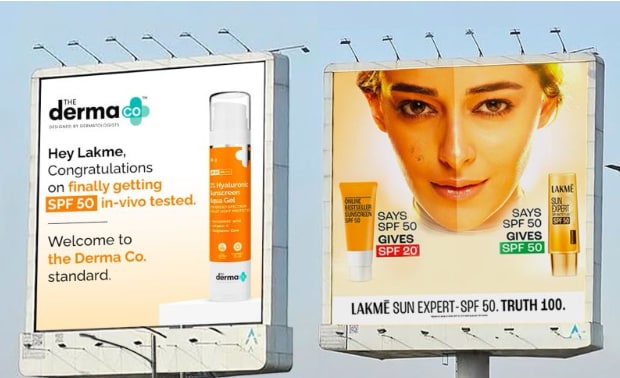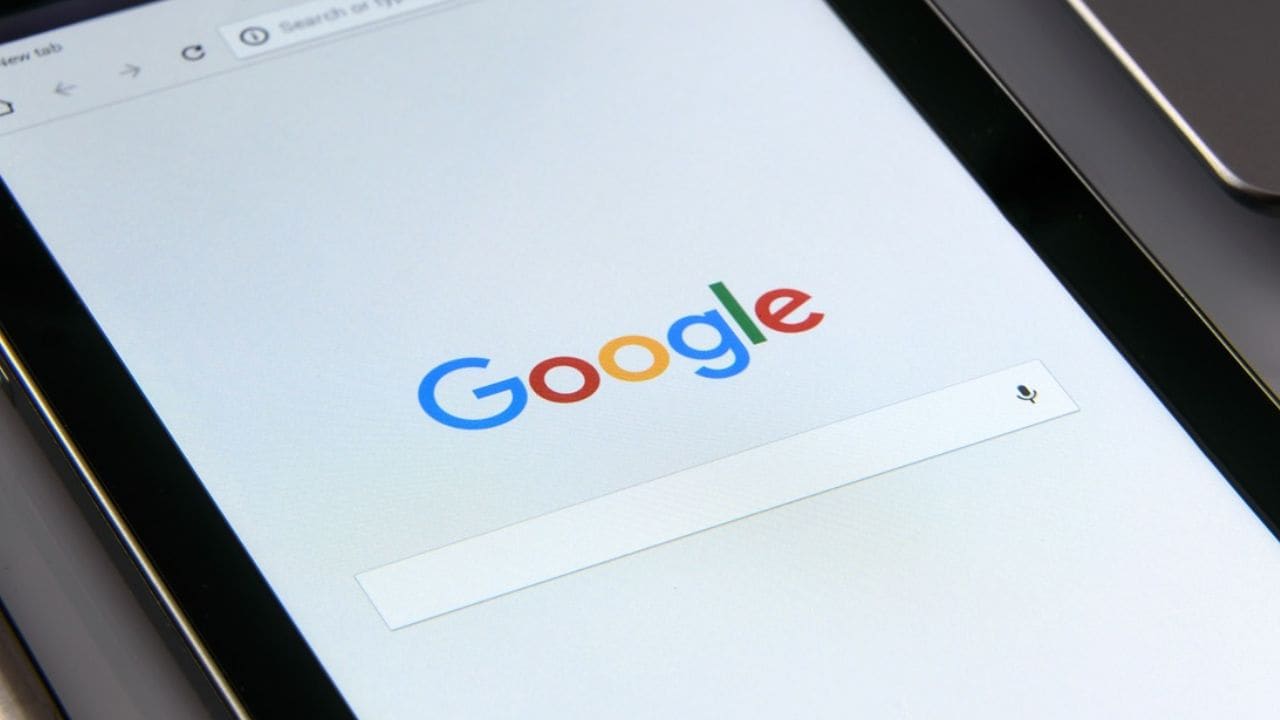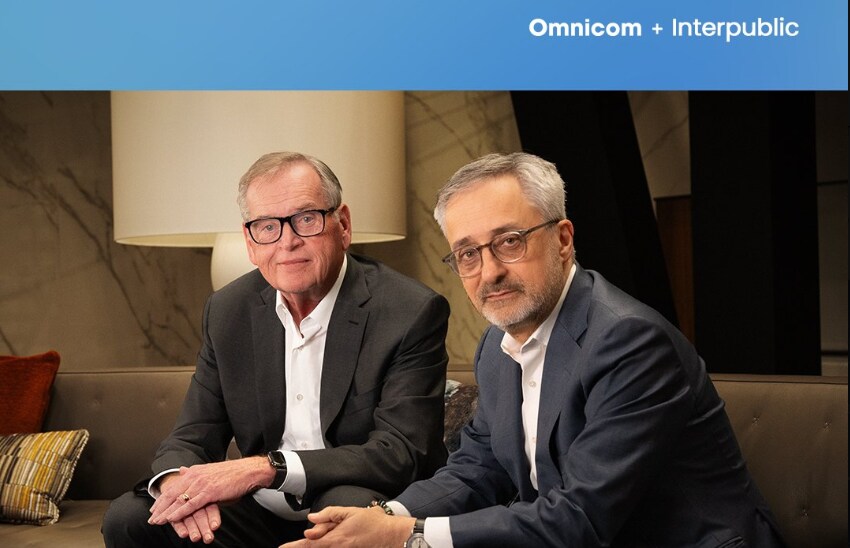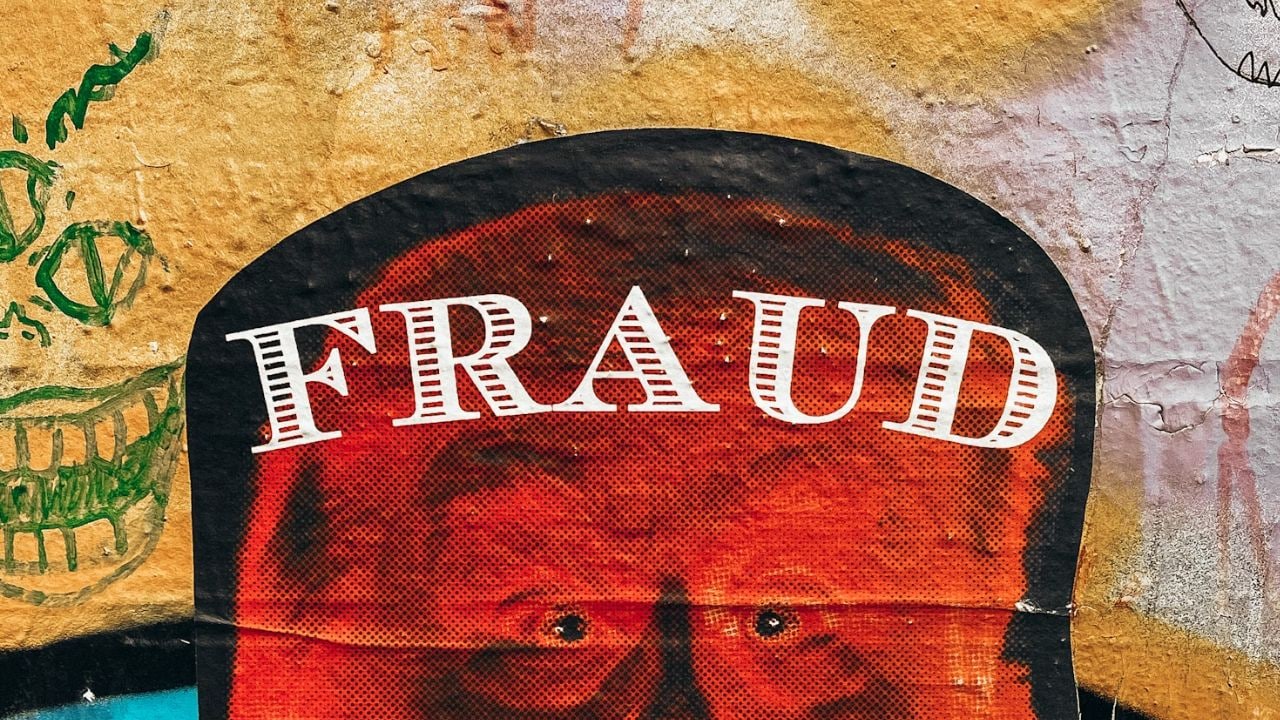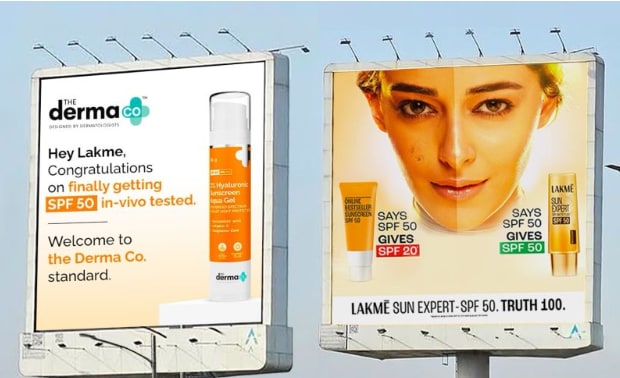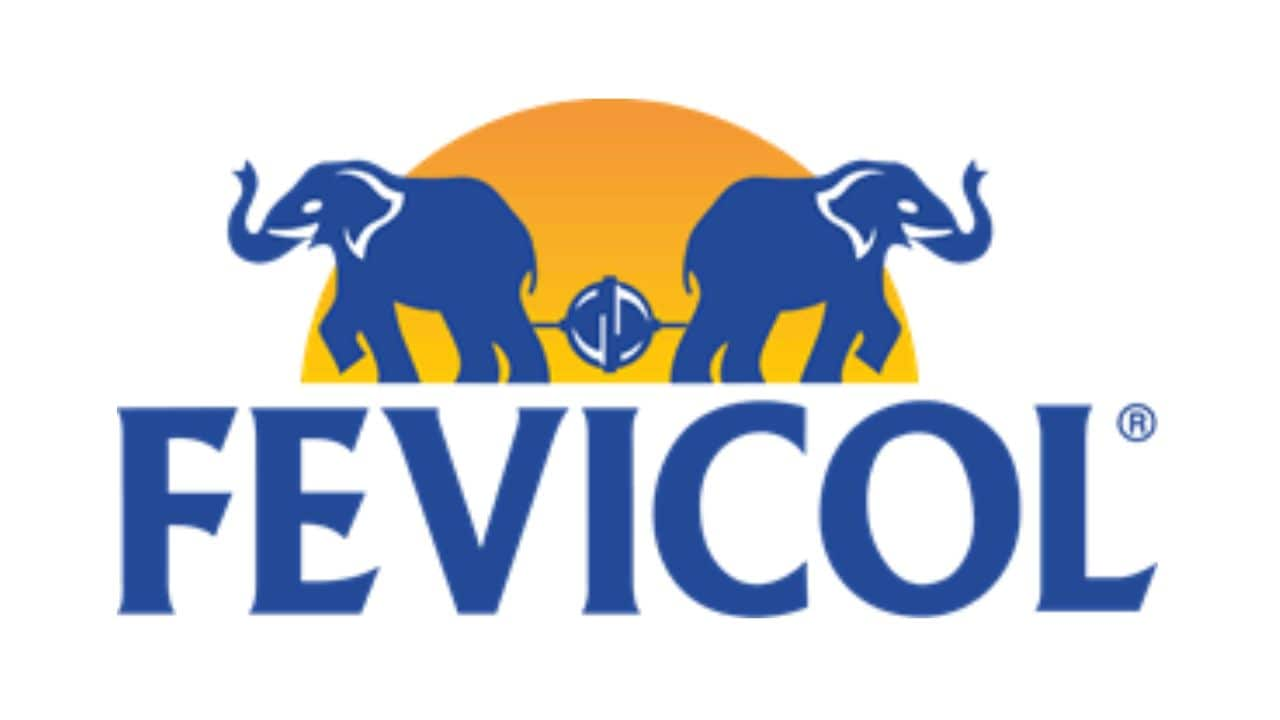CTV remains very much in the branding zone. Marketers count on it to narrate stories made for a lean-back environment. The ecosystem doesn’t yet offer the preciseness in its level of targeting, tracking, and scale needed to make performance marketing on CTV feel credible, according to experts.
Tag: Advertising
Brand battles get personal: Why comparative advertising is having a moment
From Xiaomi taking a swipe at Samsung in a print ad this week—after mocking Apple just last month—to Mamaearth calling out Lakmé in the beauty aisle, brands are increasingly leaning into comparative advertising to grab attention in a hyper-competitive market.
Google removes 10.7 mn election ads in 2024 for being run by unverified accounts: Report
Gambling-related ads made up another 146 million removals. Ads promoting adult content were also heavily enforced, with about 122 million blocked. Healthcare and medicine ads resulted in nearly 105 million removals, particularly where unapproved or misleading claims were made.
Omnicom’s John Wren on IPG deal: ‘No fear of losing (clients) because of the transaction’
Omnicom’s revenue in the first quarter reached $3.7 billion, up 1.6 percent from the same period a year earlier. Organic revenue, which excludes the effects of currency fluctuations and acquisitions, rose 3.4 percent.
Behind the Speed: Ad fraud in quick commerce could cost brands up to Rs 1000 crore
As quick commerce platforms gain traction, brands’ ad spends have soared past Rs 3,500 crore a year. But hidden beneath the convenience and speed lies a growing concern – ad fraud is bleeding budgets, skewing data, and eroding trust.
Mamaearth-Lakmé faceoff: Skincare brand wars heat up, HUL responds
Such competitive jabs are not unprecedented in the marketplace. In 2021, German brand Sebamed famously launched an ad campaign targeting HUL’s Dove, igniting a public debate over pH levels in personal care products.
Democratization or Dilution?: The game of open agency pitches on LinkedIn
Brands are increasingly turning to LinkedIn for agency pitch calls, raising questions about efficiency, intent, and the future of creative partnerships.
Sunscreen showdown: Honasa’s Ghazal Alagh takes a jab at HUL-owned Lakmé
Ghazal Alagh and Lakmé ignite a high-SPF showdown, spotlighting transparency, science-backed claims, and rising competition in an evolving skincare market.
The Big Break that changed Indian advertising: Piyush Pandey & Ogilvy
Piyush Pandey is regarded as the creative soul of Indian advertising and Ogilvy. A man who didn’t just write ads but rewrote the language in which India spoke to itself.
Fevicol hoarding taken down after Western Railway objects to ‘Derogatory’ portrayal of Mumbai locals
The hoarding, managed by the Maharashtra State Road Development Corporation (MSRDC), featured an image from an earlier era, showing overcrowded trains with passengers hanging from the footboard.
